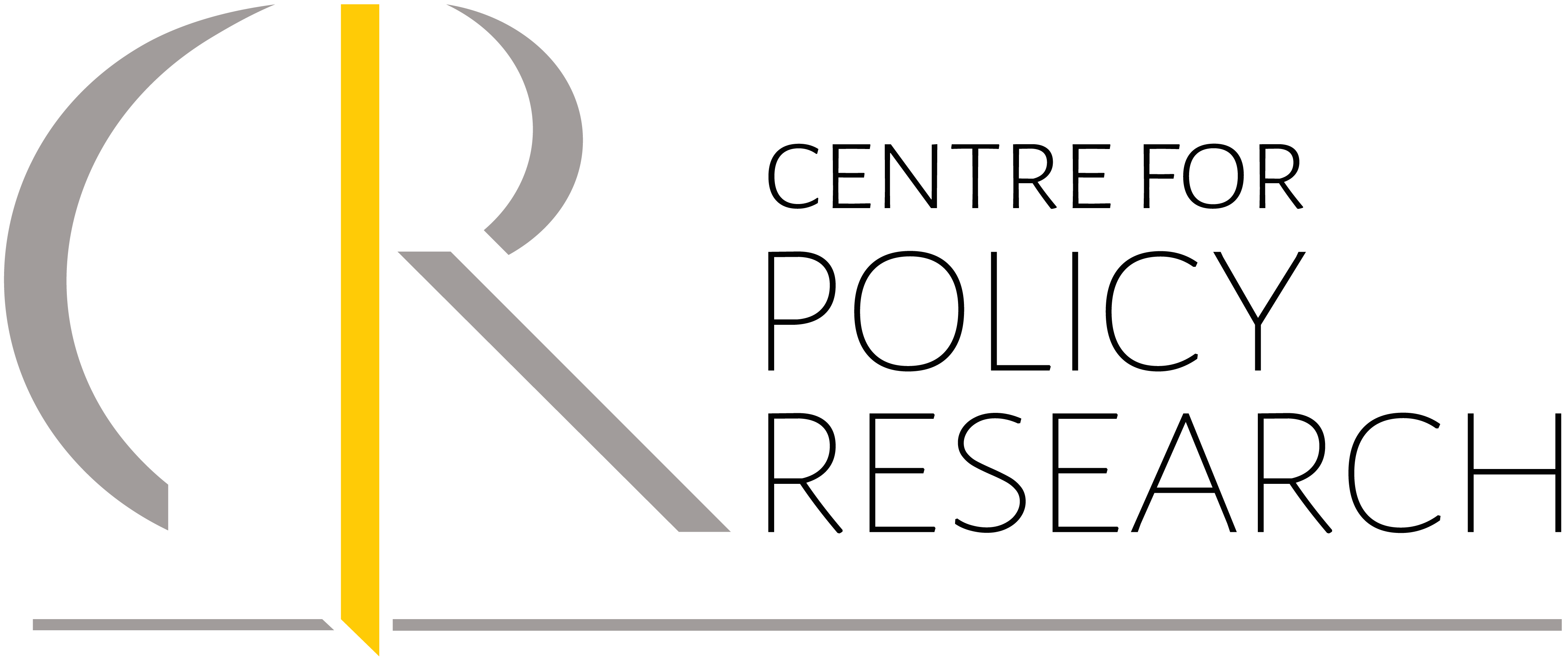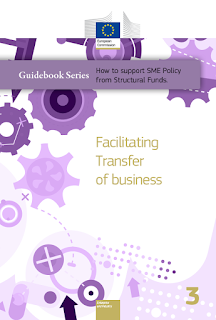The Asian Productivity Organization (APO) offers several eLearning Courses/ MOOCs on Climate Change and Green Productivity
- At the end of this course, participants are expected to have a basic understanding of climate change science, impacts, and mitigation measures.
Introduction: Depending upon the needs of APO members and relevance of subject areas, the APO develops self-learning e-courses and offers them on its e-learning portal. These courses are developed based on the APO's experience and knowledge accumulated over years of organizing capacity-building projects in its focus areas. In 2011, the APO conducted a highly successful pilot self-learning e-course on the Occupational Health and Safety Management System (OHSAS 18001) that received positive feedback and drew more than 2700 participants. In 2013, the APO implemented two self-learning e-courses on Integrated Management Systems and Material Flow Cost Accounting. Our climate is changing and the reality is some of the most dynamic cities on the planet are most vulnerable to the impacts these changes will bring. Climate change is the one of the biggest global challenges the human race has ever faced. Global unquenchable demand for energy from fossil fuels is changing the atmosphere, and in turn changing our climate. Climate change is already affecting the physical surface of the earth, the environment that provides our life support, our food supply, economy and society. These changes will accelerate over the next few decades. In line with the APO's Green Productivity program, this course offers an introduction to multi-disciplinary perspectives on climate change to comprehend how climate change affects people as an individual, as a member of local community, as a citizen of country and as a member of the global community. In this course participants will explore the science of climate change; the impacts of climate change; current methodology to alleviate these impacts and the future measures to adapt to climate change.
To be completed before: 31 October 2016
Course Code: 16-IN-06-GE-TRC-A-4 Climate Change Impacts and Adaptation: Basic Course
Further Details and Free EnrollmentSelf-learning e-Course on Green Productivity and the Environmental Management System (ISO 14001)Course Objectives- At the end of this course, participants are expected to have a basic understanding of EMS (ISO 14001)
- Participants will be able to contribute to developing the structure and process of EMS.
- Participants will also be able to contribute to establishing, operating, and maintaining EMS in organizations.
Introduction: Depending upon the needs of APO members and relevance of subject areas, the APO develops self-learning e-courses and offers them on its e-learning portal. These courses are developed based on the APO's experience and knowledge accumulated over years of organizing capacity-building projects in its focus areas. In 2011, the APO conducted a highly successful pilot self-learning e-course on the Occupational Health and Safety Management System (OHSAS 18001) that received positive feedback and drew more than 2700 participants. In 2013, the APO implemented two self-learning e-courses on Integrated Management Systems and Material Flow Cost Accounting. This is the first course on GP & EMS being offered in 2014. The EMS is the part of the overall management system that addresses the impact of an organization's activities, products, and services on the environment. An EMS allows an organization to identify and take control of the environmental impacts that it generates and is a tool to improve the efficiency of organizational activities, products, and services so that they will benefit the entire organization. Improved relationships with suppliers and customers can result from the consistent management and reduced environmental impacts of organizations. The APO has been organizing a number of projects related to the EMS and ISO 14001.
To be completed before: 31 October 2016
Course Code: 16-IN-06-GE-TRC-A-5 Self-learning course on Green Productivity and the Environmental Management System (ISO 14001)
Further Details and Free EnrollmentSelf-learning e-Course on Productivity Tools and Techniques (Basic)Course ObjectivesThis is an entry-level course designed to equip productivity practitioners with fundamental productivity concepts, principles, and tools. At the end of the course, participants are expected to be able to:
- Identify, use, and explain basic productivity tools and other approaches to improve productivity;
- Adopt an integrated productivity framework to diagnose productivity problems and develop and implement solutions; and
- Provide training, consulting, and promotional services to NPO clients.
Course Code: 16-IN-06-GE-TRC-A-1 Productivity Tools and Techniques (Basic)
To be completed before: 30 September 2016
Further Details and Free EnrollmentSelf-learning e-Course on Productivity Tools and Techniques (Advanced)Course ObjectivesTo equip participants who took the basic course with advanced productivity improvement principles, tool, techniques, and approaches. Successful participants are expected to be able to provide advice and deliver promotional, training, and consulting services on advanced productivity techniques and organizational excellence. At the end of the advanced course, productivity practitioners are expected to be able to:
- Identify problems and implement solutions for achieving organizational excellence;
- Identify and use appropriate tools and techniques leading to organizational excellence;
- Develop a framework, strategies, and action plans for achieving excellence and competitiveness at the organizational level; and
- Provide advice and deliver promotional, training, and consulting services on advanced productivity techniques to organizations.
Course Code: 16-IN-06-GE-TRC-A-2 Productivity Tools and Techniques (Advanced)
To be completed before: 30 September 2016
Further Details and Free EnrollmentSelf-learning e-Course on Material Flow Cost Accounting (ISO 14051) Course Objectives- At the end of this course, participants are expected to have a basic understanding of Material Flow Cost Accounting (MFCA).
- Participants will also be able to contribute to establishing, operating, and maintaining MFCA in organizations.
Introduction: MFCA, developed in Germany in the late 1990s and since adopted widely in Japan, focuses on tracing waste, emissions, and nonproducts and can help boost an organization's economic and environmental performance. It is one of the major tools of environmental management accounting (EMA). EMA is a set of procedures used within corporations and other organizations for linking environmental considerations with economic objectives. Today, organizations cannot ignore the environmental aspects of their activities. Consequently, they seek management tools to link concern for the environment with economic considerations. MFCA is a management tool that promotes the efficient use of materials more effectively, contributing to reductions in waste, emissions, and nonproducts. MFCA increases the transparency of material flow, which is a key to successful problem-solving and improvement. To standardize MFCA practices, a working group of the ISO Technical Committee ISO/TC 207, Environmental Management, developed ISO 14051, which complements the ISO 14000 family of environmental management system standards, including life cycle assessment (ISO 14040, ISO 14044) and environmental performance evaluation (ISO 14031). The standard was published in the second half of 2011. This course will cover the basic concept of MFCA and enhance the understanding of ISO 14051.
Course Code: 16-IN-06-GE-TRC-A-3 Self-learning e-Course on Material Flow Cost Accounting (ISO 14051)
To be completed before: 31 October 2016
Further Details and Free Enrollment


































